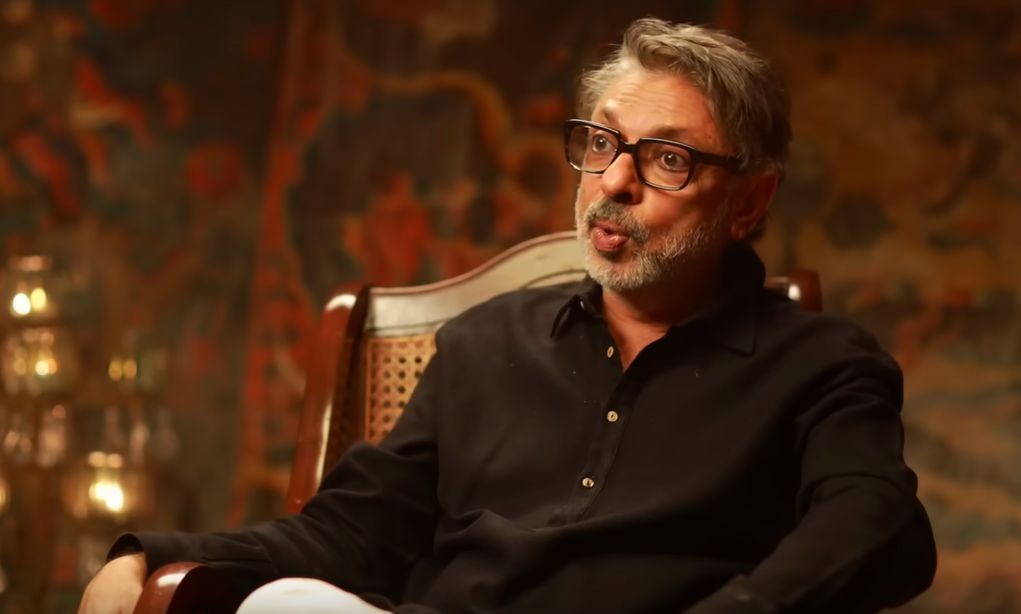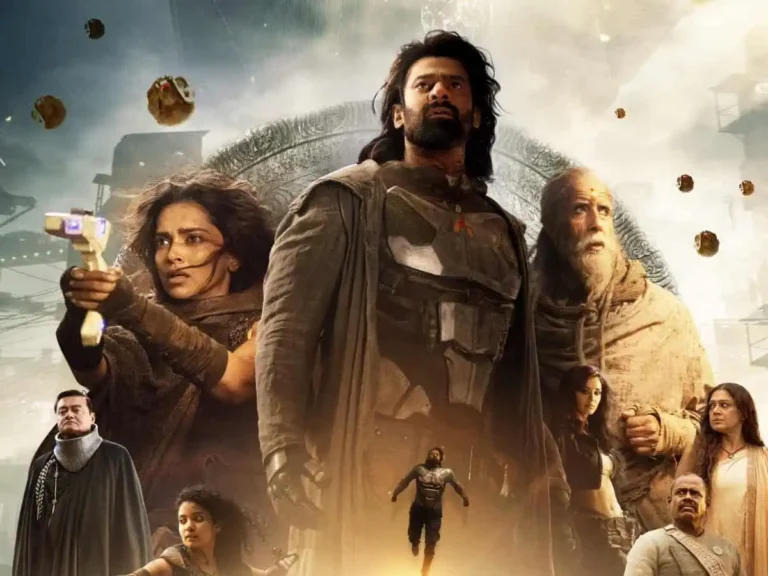Sanjay Leela Bhansali talks about preserving the tradition and identity of Indian cinema, being fearless when it comes to one’s own vision, and his perception of actors and what makes an actor truly a star
On preserving the tradition of Indian cinema.
Tradition is tradition. Indian cinema is Indian cinema. We have to keep our identity and entity going completely. This is what we are and this is what the world is interested in. We don’t have to talk and live like Americans, Spanish people, or Iranians. Being influenced by them is good. I’m influenced by a lot of Iranian, Japanese, and Italian filmmakers. I like their work but we don’t have to make films like that. We have to find our own language and identity which these gods of cinema, right from Satyajit Ray, Ritwik Ghatak, and Mrinal Sen on one side and Vijay Anand, Raj Kapoor, and others on the other… brought to Indian cinema. This is why today we listen to their music. I’ll never listen to a modern song. It’s good, nice to listen to but when I go back to the car, I’ll put on a Vijay Anand film song.

Because those are conversations with the audience wherein you’re telling them, “I know you and your story, but I’m telling it in my larger-than-life, melodramatic way.” As for torchbearers, I feel many filmmakers are capable of going there but are not because of the fear of being called old-fashioned or has-beens or have-been. I’ve been very fearless. I don’t care about what people think. Even if I have a commercial box-office disaster in Saawariya, I’ll still take Hrithik Roshan, put him in bed, and make a film (Guzaarish). There is no old and new. I’ll still listen to Lata Mangeshkar even forty years down the line because that cannot become old. It’s the new that’s not doing anything to me. I don’t want to take the responsibility of being a torchbearer, though.
The Sanjay Leela Bhansali performance.
First of all, I love my actors. They’re doing and creating what I’m trying to create because they give life to a character we saw on paper. There’s a very strange way of me reaching out to them and there’s no freedom — illusion of freedom — given to them. You’re told what to do, sometimes subtly, sometimes obviously, depending on my mood. It’s very important for a director and actor to have a give-and-take (relationship). Everything is not what I think it should be. Actors should have the freedom to express themselves in a certain way but it’s not like, “I had the freedom and this performance belongs to me.” A performance doesn’t belong to an actor. A good performance belongs to the director, dialogue writer, cinematographer, art director, costume person, the guy who has painted the wall behind you, the editor… You are saying it’s your performance but you’re not saying these people are responsible for your performance. The choreographer who made you dance? Everything is suddenly hijacked by the actor, which is where the problem in Indian cinema is. The “star” is everyone who collectively makes an actor a star.
Watch the full conversation at:



